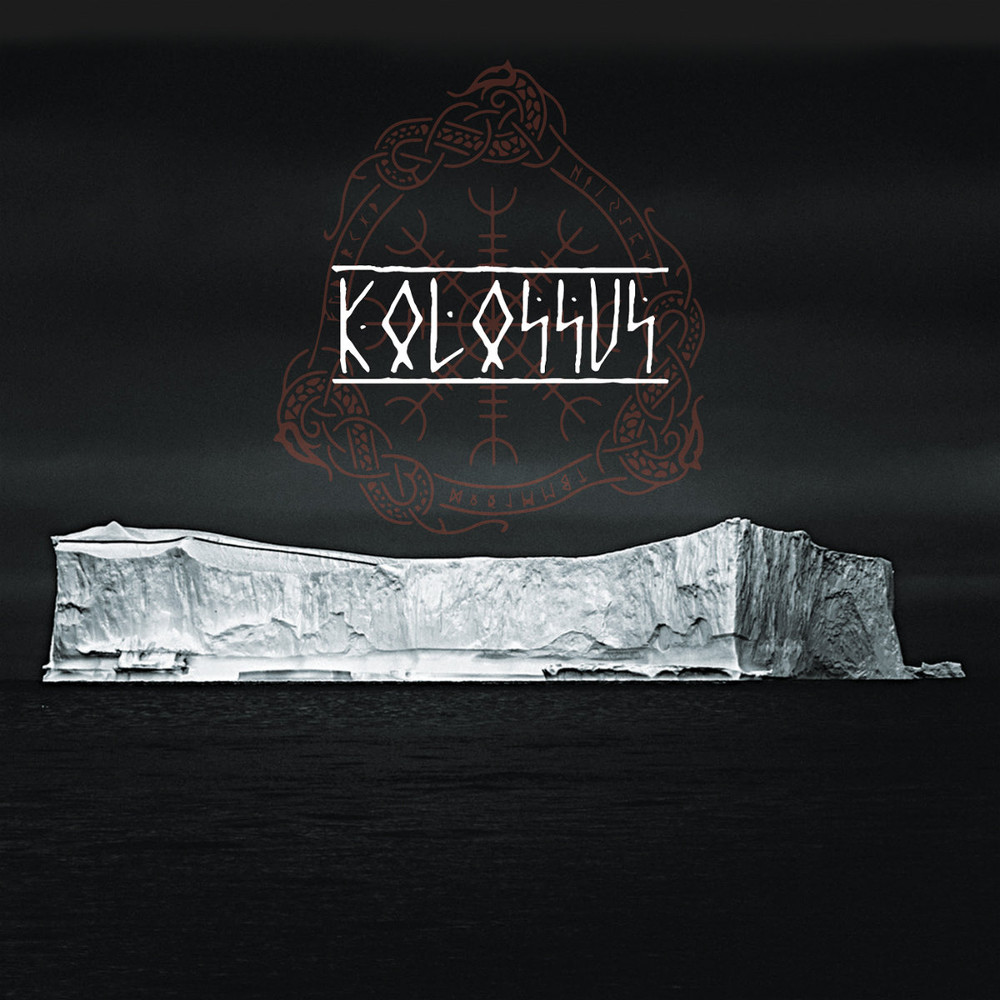 |
Country: UK
Style: Post-Rock
Rating: 6/10
Release Date: 24 Apr 2020
Sites: Facebook | Instagram | Official Website | Twitter | Wikipedia | YouTube
Following Ulcerate was never going to be an easy task so I plumped for some utterly different soundscapes in the form of the new Mogwai album, which is instrumental soundtrack music they wrote for the Amazon Prime series, ZeroZeroZero, which is an Italian crime drama, based on a novel by Roberto Saviano, who has been under police protection since 2006 because he writes about organised crime.
As you might expect for a series that follows a large shipment of cocaine on its journey from Mexico to Italy, there's a sense of danger here throughout, but the dark tones conjured into play are light years from the otherworldly darkness of Ulcerate. These are soundscapes to look at from afar and wonder what the heck's going on over there. Even on a track like Nose Pints, which pulses like a living being, it feels like a warning. Surprisingly, that does change somewhat with some of the later songs feeling almost mellow.
Soundtracks are inherently created to support some sort of visual element, a show or a movie or whatever. With a few notable exceptions, where the music transcends its status as soundtrack, I tend to enjoy such things when I come into them effectively blindfolded because I haven't seen what they accompany and so have to conjure it up for myself. I haven't seen ZeroZeroZero, so I'm able to do that here and it's evocative stuff.
However, I don't think I'm likely to listen to this often, mostly because it feels like many of these songs are fragments of what they could have become had they served a purpose other than accompaniment. That's OK sometimes; I'm still a fan of Coil's Unreleased Themes for Hellraiser even though they're fragments, but I wanted more from the early pieces here. There are 21 tracks on offer, as short as a 1:21 snippet called Space Annual. Nine of those are under three minutes. They all cut off too soon, sometimes rather abruptly.
The best are the longer ones that were allowed time to breathe, which means that for me the album really kicked in around the halfway mark, maybe with a fantastic piece called Lesser Glasgow eleven tracks in. From there, this is worth listening to on its own merits, with each piece taking a simple theme and developing it a little. Lesser Glasgow is followed by Frog Marching and El Dante, both of which have their own enjoyable vibes to them.
These compositions mostly feel too bleak to be fairly compared to Tangerine Dream, Summon the Sacred Beast perhaps coming closest, but they occasionally feel a little like Tangerine Dream covering Jean-Michel Jarre without much, if any, embellishment. There's Coil in a track like Rivers Wanted too with its piano riff serving as foundation for the piece and a swirling of synths and escalation of drums taking on the lead role. The Wife Was Touched has a Coil feel as well, with its dissonance and drone. Modern Trolls sounds like the sort of lazy jazz that might appear on a David Lynch soundtrack.
If you're a fan of the show, then I'm guessing this is an integral part of its success that you'll want to pick up. If you're not, this isn't going to be particularly essential unless you're a Mogwai completist. It sounds good, but it has trouble escaping its roots as soundtrack, especially early on. As I'm listening blind, I'd give the first half a 5/10 and, perhaps generously, the second a 7/10 for an average of 6/10. If you're a ZeroZeroZero fan, add at least a point to that.



















